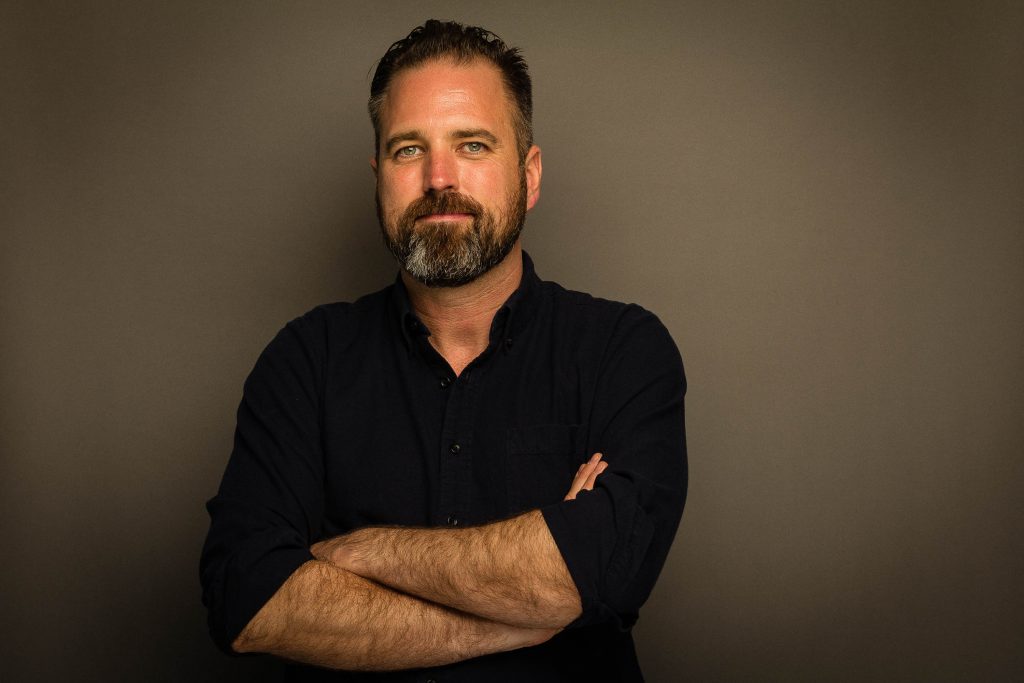The Single Most Important Thing a Voice Actor Needs to Know to Deliver Their Best Performance

Table of Contents
- What affects a voiceover performance?
- Is voice acting a skill or talent?
- What skills should a voice actor have?
- What makes a good voice acting performance?
The most important thing a voice actor needs to know is that confidence (and equally a lack of confidence) will make or break a performance.
Being nervous negatively affects your voice, and if you don’t know how to address that – either through more experience or coaching – it can hinder your ability to land an audition, or nail a script in a paid recording session.
To sound your best and hopefully get more bookings in the future, you need to be able to provide the client with what they’re asking for at the drop of a hat.
What affects a voiceover performance?
The first time a voice actor walks into a professional recording studio can be a daunting experience. You need to possess confidence.
This doesn’t mean you should come into the studio and act like a big shot. In fact, a sense of play goes a long way and will help you relax and stay loose, but make sure you know when to joke and when to be serious.
Three things that will help you perform better as a voice actor:
- Feeling confident
- Being well rested
- Making sure you’re hydrated
Four things that will negatively influence a voiceover performance:
- Feeling nervous
- Drinking too much coffee
- Being distracted by unresolved personal issues
- Lack of experience
Is voice acting a skill or talent?

Voice acting is a combination of both skill and talent. It takes talent to be able to make the words on a script sound like they’re your own, and then it takes time to develop the skill required to compete at a professional level.
What skills should a voice actor have?
Confidence
Number one with a bullet. Nothing else matters if you can’t get into character and deliver a usable take. Confidence is key.
A musical ear
To avoid sounding like a Valley Girl, you’ll often be asked to “close” sentences or “come down” on a word. Essentially, it’s about giving a sense of closure and finality to what you’re saying. This conveys authority.
You need to be able to mimic a reference or imitate your own delivery when punching in an edit.
In the same vein, dynamic range is critical. Monotonously reciting the words will sound flat and lifeless. Humans have nuances, highs and lows, and infusing that into your voice work will elevate its quality of character.
Proper studio etiquette
Knowing where to stand, and what to say or do in studio (and what not to say or do) are things that will dictate the likelihood of getting asked back to do another recording session.
Attentiveness
When a producer says “…loved the last take, give it to me again 7% faster”, you need to know what they mean. It’s also important to pay attention when the client, producer and advertising reps are listening back to what you just recorded in case they have notes about something they’d like to change or do differently.
Clear enunciation and articulation
Over the last ten years or so, the tone most in demand for voice actors has not been the standard announcer style but rather, a conversational delivery. It can be tricky trying to sound like someone just off the street, while also clearly enunciating.
Here’s a great article from Merriam-Webster about the difference between enunciation and articulation: A Talk on ‘Pronounce,’ ‘Articulate,’ and ‘Enunciate’
Pacing control
It is very common to be presented with a script that, if spoken at a natural pace, would not fit in the allocated time.
For instance, a 30 second pharmaceutical commercial might try to pack in a lot of information about a drug and its benefits, perhaps a website – and then include a considerable amount of very wordy legal disclaimers. If read at a normal, conversational pace, the commercial could take 45 seconds or more. The advertising agency might ask you to read the first half slowly and with lots of feeling, so now you will have to race through the legal copy, making sure that it’s clear and enunciated!
That’s very challenging, even for seasoned pros and the ability to do it well comes with practice. Unless you’re the famously fast-talking John Moschitta Jr.
What makes a good voice acting performance?
Be uninhibited! Remember, confidence is so important and you can “hear” a smile.
You can also hear if someone is nervous, because their whole body will be tense up and that can lead to the voice sounding constricted.

Move / jump around / shake your arms… do whatever it takes – just don’t bump into the microphone or knock the stand the script is on. It might look silly – and you might feel silly – but if it leads to an outstanding performance, it will make the client very happy.
Pro tip: reading a script vs acting (the diaper test)
Anyone can read a script, but there is a huge difference between simply “doing voiceover” and being a professional voice actor. It might feel pretentious to call yourself a voice actor but the people getting hired to voice national advertising campaigns are capable of delivering a performance.
They might be performing like they’re a guy stuck on the side of the road in a commercial for roadside assistance, or enthused about an explainer video for an exciting new advancement in fungal cream that relieves and prevents dry feet.
A woman offering comfort in a spot for a retirement community could book a commercial the following week as a zany teenager. It’s crucial that both are done with commitment and believability. Give this a try…
Read the following script for a diaper commercial with clear enunciation and a friendly smile.
You’re finally here!
A lot of people have been waiting to meet you,
A lot of people you can depend on.
Just like you can depend on Pampers
Now read it again but imagine you’re holding a newborn baby who’s just woken up, gently saying the words just an inch away from their little ear.
Be yourself!
As a voice actor, you need to possess the tools that will allow you to deliver a believable performance. Just be yourself and do whatever it takes to relax and get into character.
If you feel you need some more practice or have questions about voiceover in general, check out this 5 Step Guide: How to Become a Professional Voice Actor, or click here for info on voice critiques and voiceover coaching.

James Dooley is the owner of Dooley Media Works, a voiceover recording and video production company. When he’s not being the “friendly, yet authoritative” voice of brands like KAYAK, Dove Soap and Honey Nut Cheerios, he provides voiceover coaching and professional voiceover demo production for aspiring voice actors looking to succeed in the business.